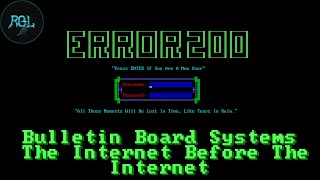The scorching summer of 1988, plagued by a devastating drought in the American Midwest, provided a stark backdrop for a pivotal moment in the history of climate change awareness. On June 23rd, amidst record-breaking temperatures, Dr. James Hansen, a leading climate scientist at NASA, testified before the U.S. Senate. His message was clear and unequivocal: the greenhouse effect, or what we now commonly refer to as climate change, was no longer a theoretical concern for the distant future. It was happening now.
Hansen's testimony, along with that of other prominent scientists, marked a watershed moment in the public discourse surrounding climate change. While not universally accepted at the time, their warnings resonated with some lawmakers, who recognized the urgent need for action to address the growing threat of global warming. The New York Times' coverage of the event highlighted the gravity of the situation and helped to raise awareness among the broader public.
Read More


























